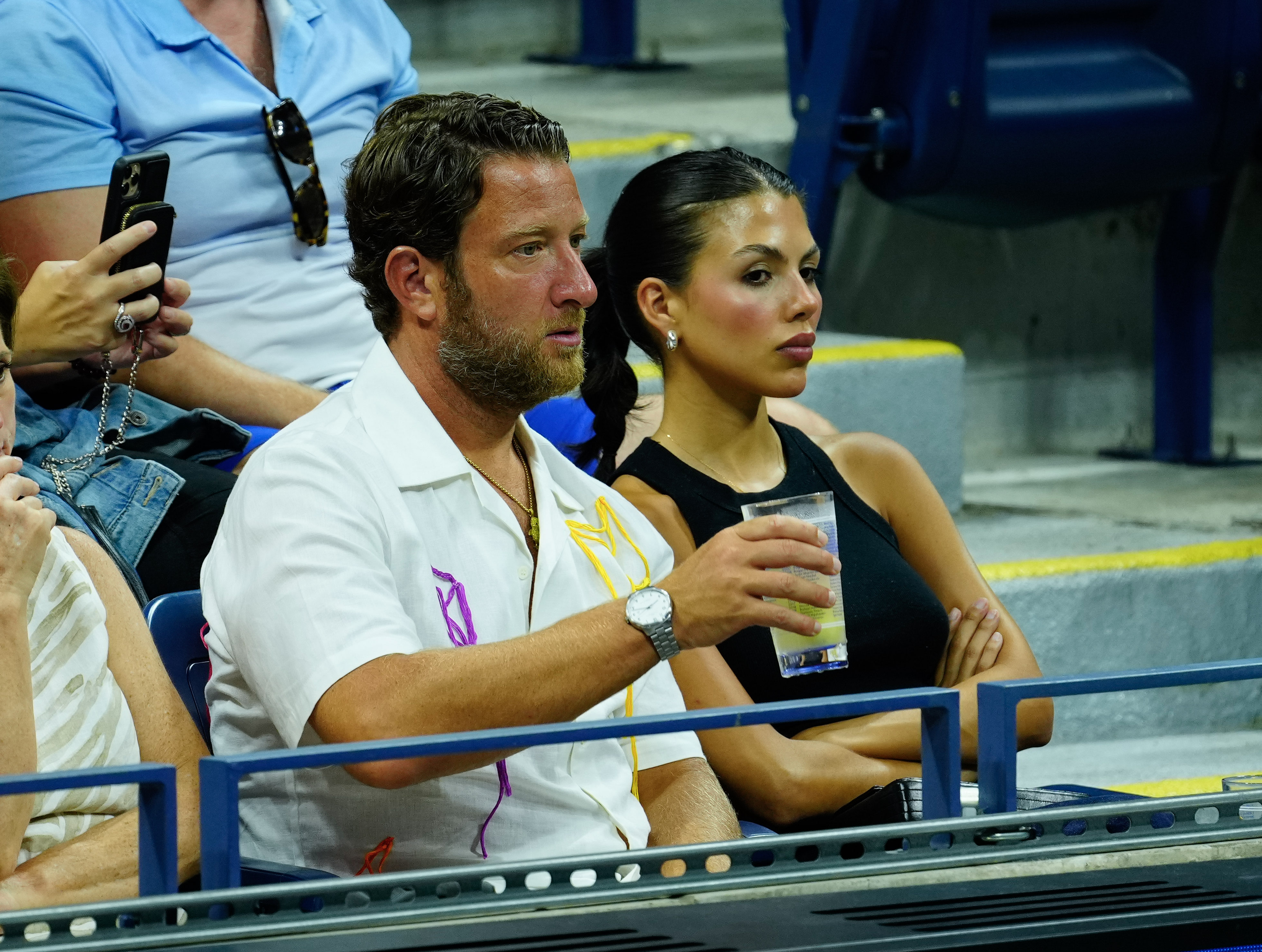

Dave Portnoy's Twitter Suspension: What Happened And Why It Matters
On June 18, 2021, the digital world buzzed when Dave Portnoy, the founder of Barstool Sports, found himself at the center of a Twitter controversy. His account was temporarily suspended, leading to widespread discussions across social media platforms. As users shared screenshots of his suspended account, Portnoy’s name quickly began trending, reflecting the public's keen interest in his activities and the implications of the suspension.
In an age where social media can make or break reputations, Portnoy's situation serves as a compelling case study. His immediate reaction was to take to Instagram, where he posted a picture with Twitter's CEO, Jack Dorsey, alongside the hashtag #FreePortnoy. This move not only demonstrated his defiance but also highlighted the power dynamics at play between influencers and social media platforms.
Despite the drama, Twitter remained tight-lipped regarding the reasons behind Portnoy's suspension, only confirming to Newsweek that his account had been restored. This lack of clarity raises questions about the transparency of social media policies and the impact they have on content creators. What does it mean for the users when one of the most recognizable faces in digital media faces scrutiny? This incident has sparked discussions on accountability, censorship, and the fine line between free expression and platform regulations.
Biography of Dave Portnoy
Dave Portnoy, often referred to as "El Presidente," is a prominent figure in the sports and entertainment industry. He founded Barstool Sports in 2003, which has since evolved into a major media company. Known for his brash personality and controversial opinions, Portnoy has made headlines not just for his media ventures but also for his outspoken views on various social issues.
| Personal Detail | Information |
|---|---|
| Name | Dave Portnoy |
| Date of Birth | March 22, 1977 |
| Place of Birth | Swampscott, Massachusetts, USA |
| Occupation | Entrepreneur, Sports Media Personality |
| Known For | Founder of Barstool Sports |
Public Reactions to the Suspension
The reactions to Portnoy's suspension were immediate and varied. Supporters rallied behind him, using social media to express their outrage at what they perceived as an unjust action. Many questioned the fairness of Twitter's policies and how they might disproportionately affect certain users based on their status or opinions.
Conversely, critics of Portnoy pointed to his history of controversial statements and actions as potential justifications for the suspension. This duality in public opinion underscores the complexities of social media interactions, where admiration and disdain often coexist.
The Bigger Picture: Social Media and Accountability
Portnoy's situation is not an isolated incident but rather part of a larger conversation about accountability on social media platforms. As influencers gain significant power, the responsibility to adhere to community guidelines becomes increasingly crucial. The challenge lies in balancing freedom of speech with the need for moderation to prevent harmful content.
This incident serves as a reminder of the evolving landscape of digital communication and the importance of transparency from platforms like Twitter. As users, we must remain vigilant about the policies that govern our online interactions and advocate for fairness and accountability in the digital space.
Exploring The Controversial Legacy Of Henry Kissinger: Insights From Anthony Bourdain
John Wayne And Sacheen Littlefeather: A Story Of Protest And Controversy
Debunking The Clint Eastwood Death Hoax: What You Need To Know




